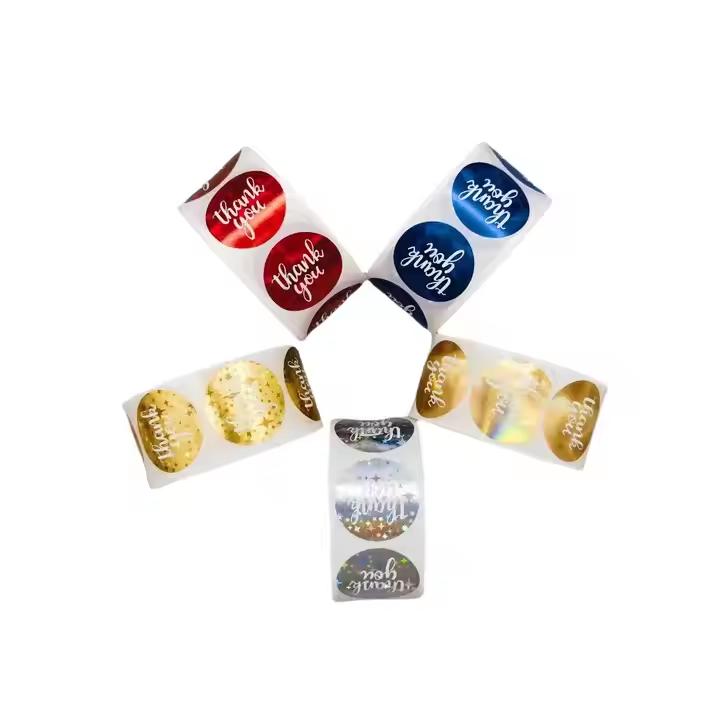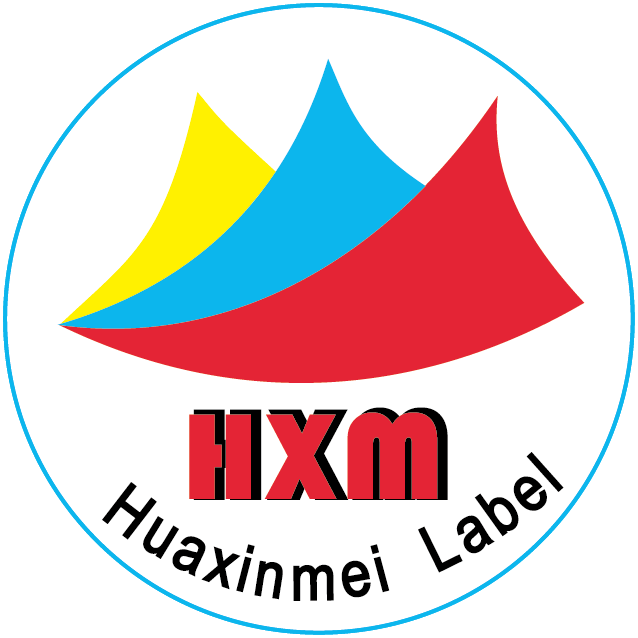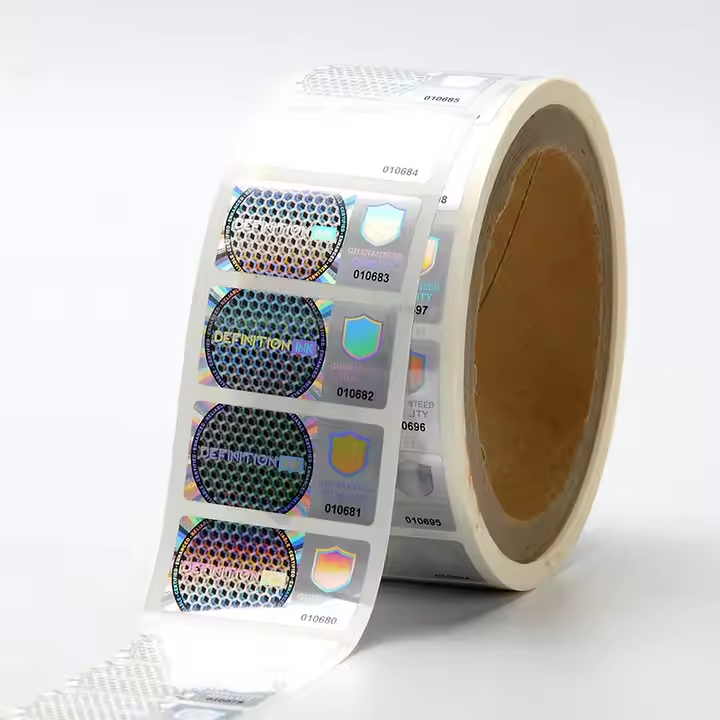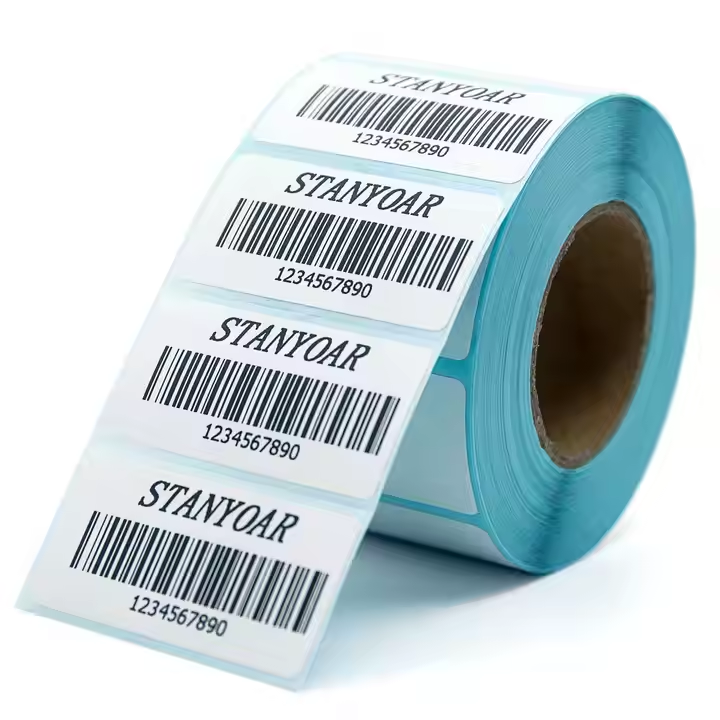
Role of the Production Implementer
In the early stages of producing labels, factories must focus on precise design based on customer needs and carry out accurate production. Discussions regarding various aspects such as quantity, style, size, processes, printing, special techniques, shape, and delivery dates must be agreed upon, and contracts drafted to avoid uncertainties, ensuring the interests of both parties. The factory plays a crucial role in turning custom label designs from drawings into reality. If the customer does not provide specific label design drawings, the label manufacturer must create appropriate designs based on the customer’s descriptions of their products, ensuring the labels align with the company’s tone and branding.
The factory needs to accurately produce labels based on the various design requirements proposed by the client, such as specific colors, patterns, and materials. This requires advanced production equipment and skilled techniques to ensure precision. For example, when it comes to color accuracy, the factory must employ high-quality printing technology to ensure the colors on the labels match the design specifications without color discrepancies. Sample labels should be produced in the initial production phase for the client’s review, allowing them to make a decision. If the label meets their standards, mass production can commence; if not, the design will be modified until a satisfactory label package is achieved.
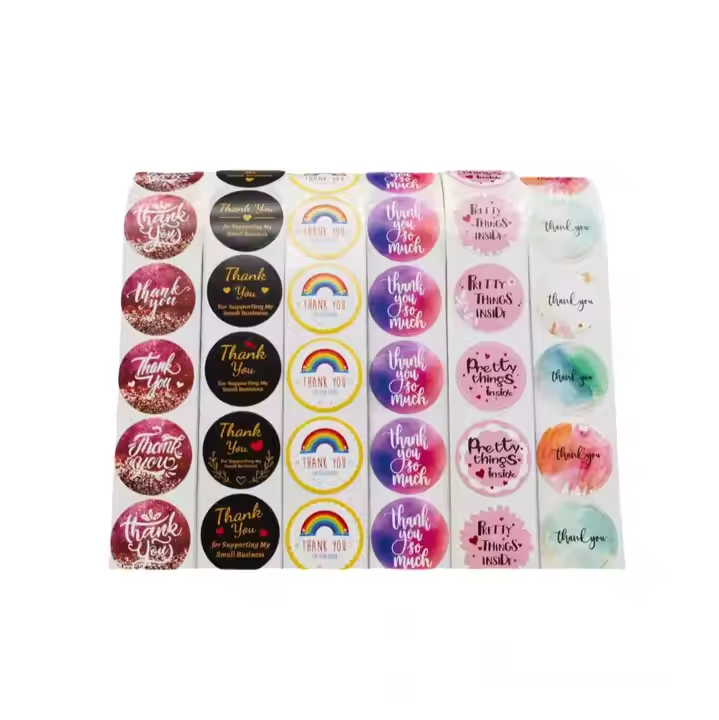
Additionally, the choice of materials may vary according to design needs, including paper, plastic, metal, etc. The factory must be knowledgeable about these materials to provide precise recommendations and professional advice when the client expresses their needs, ensuring the best cost-performance ratio for the factory. The factory should be familiar with the properties of various materials, selecting and processing them appropriately to meet the usage and durability requirements of the labels. For instance, in the cosmetics industry, labels need to be durable, as products are often stored near sinks and can easily get wet. Therefore, the labels must have sufficient adhesive strength to prevent peeling off during repeated handling.
The factory also plays a quality control role during the custom label process, conducting rigorous quality inspections on produced labels. This includes checking the printing quality, and if any issues arise, adjustments and improvements must be made to ensure that all labels delivered to the client are of high quality. For example, they need to check if the printing is clear, free from blurriness or ghosting, if the cutting edges are neat without burrs, and if the adhesive layer is strong enough to avoid falling off.
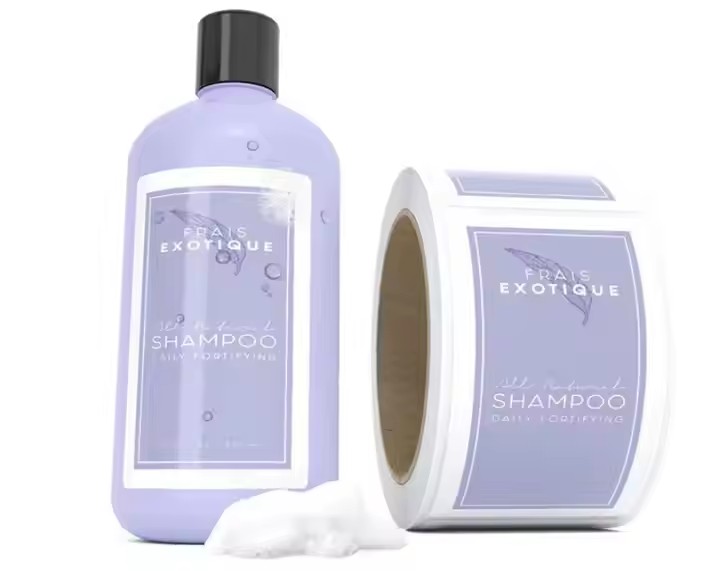
Role of the Technical Supporter
Factory technicians, equipped with extensive experience, can provide professional process advice during the custom label design phase. They are familiar with the production techniques and understand the advantages and limitations of different processes, enabling them to recommend the most suitable production techniques based on design requirements. For complex pattern designs, high-resolution printing technology might be necessary; for labels that need to be waterproof or wear-resistant, special materials or coatings can be suggested. However, this may require additional financial investment, and timely communication with the purchasing manager is essential to determine whether they can accommodate a higher budget. Open dialogue between both parties is crucial.
The factory can also propose optimization suggestions based on the actual production situation to improve efficiency and reduce costs. For instance, they might recommend adjusting the size or shape of the labels for easier production and packaging. Many issues are not rigidly defined but rather require flexible handling. When production costs are high, purchasing managers may struggle to afford such expenses; therefore, negotiations may lead to adjustments in design standards to produce labels that meet current expectations.
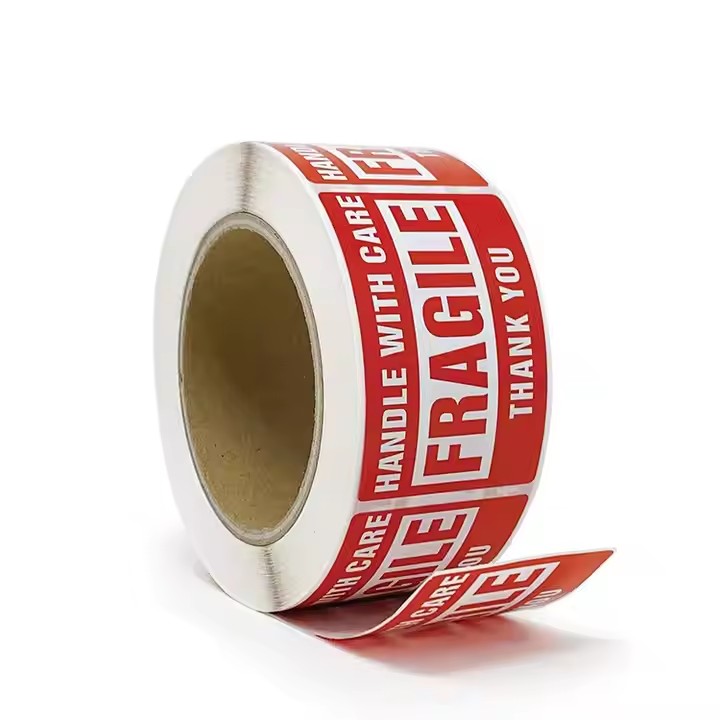
Role of the Communication Coordinator
During the custom label design process, the factory must maintain close communication with the designers. On one hand, the factory needs to accurately understand the designer’s intent to ensure that the produced labels meet design requirements. On the other hand, if any issues or unreasonable aspects arise during production, the factory must promptly communicate with the designer to propose solutions. For example, if the label dimensions exceed the production capabilities of the factory’s equipment, adjustments must be made in consultation with the designer.
In the early design phase, the factory serves as a communication coordinator, providing feedback to purchasers and facilitating smooth communication to enhance efficiency in both production and packaging. The factory typically engages in extensive communication with clients, acting as the producer of the products who directly addresses customer needs. Clients may have specific requests regarding the design, quality, and delivery time of the custom labels, necessitating thorough communication to understand their requirements while providing timely updates on production progress and issues. For example, if a client requests the addition of specific QR codes or barcodes on the labels, the factory must confirm this information with the client to ensure accurate production.
